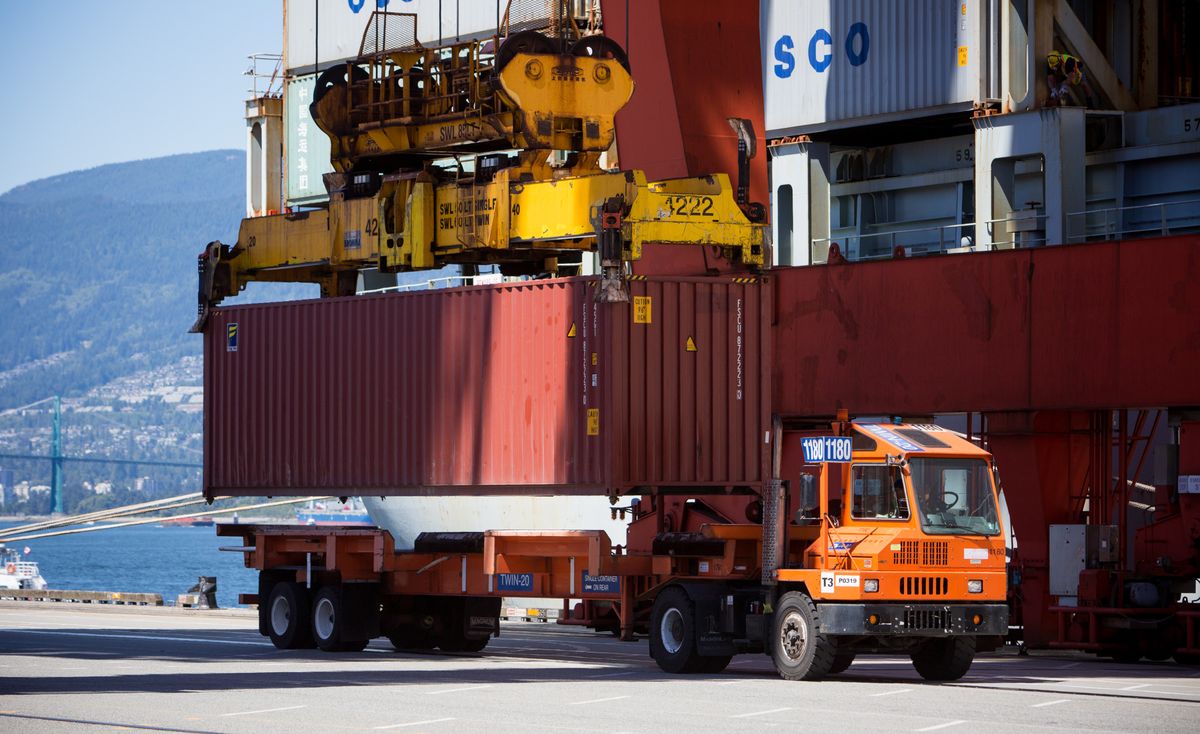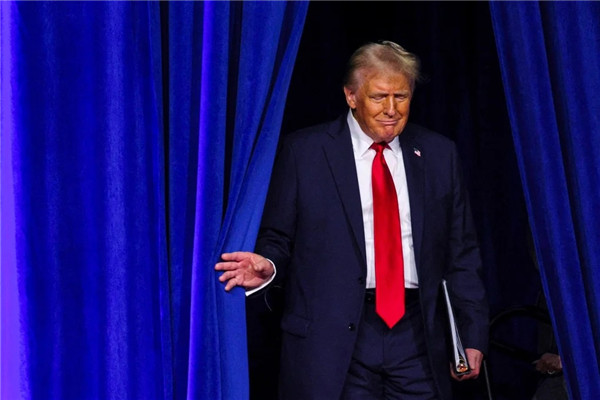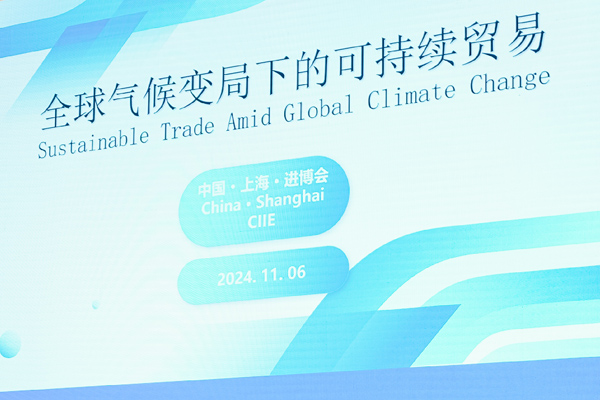【Bloomberg】Trudeau Defends ‘Progressive’ Trade Agenda
May 23 , 2019

Trudeau said in a speech in the southern Chinese manufacturing powerhouse of Guangdong on Wednesday that he and Chinese President Xi Jinping agreed on the need to work together on economic growth. He reaffirmed calls for China to accept elements it doesn’t usually seek in trade deals, such as provisions for labor, gender and environmental rights.
“We discussed the expanding relationship between Canada and China, as we continue exploratory discussions on comprehensive -– and progressive –- trade between our two countries,” Trudeau said, referring to his dinner with Xi the previous night in Beijing. He made his pitch at the Fortune Global Forum ahead of speeches by Apple Inc.’s Tim Cook and Alibaba Group Holding Ltd.’s Jack Ma.
“By keeping our borders open, and pursuing progressive trade deals that put people first and reflect our values, we give our businesses access to more customers, and we give our customers greater access to the goods they want,” Trudeau said.
Discussions Continue
Canada’s trade strategy is in flux after the two sides failed to agree as anticipated on a negotiating framework for a free-trade agreement. Trudeau unexpectedly left his trade minister behind in Beijing late Tuesday to continue discussions, and former Chinese trade officials said talks were still possible.
Time is running out before Trudeau’s scheduled Thursday night trip to Ottawa. His push for progressive elements has upended talks on the North American Free Trade Agreement and the revamped 11-member Trans-Pacific Partnership as he looks to diversify his options and expand markets for Canadian exports amid U.S. President Donald Trump’s protectionist threats.
“The trend is good. The general direction is good, but it will take a bit more time. I think eventually we should reach agreement,” said Wang Huiyao, director of the Beijing-based Center for China and Globalization (CCG) and an adviser to China’s cabinet. “Canada is always kind of difficult. Even in TPP 11, Canada was the last one to agree. I think maybe Canada should be more positive.”
Enticing Prize
Trudeau’s diversification effort offers China an enticing prize: its first free-trade agreement with a Group of Seven country. Canada exported $18.2 billion worth of goods to China last year, compared with the $278 billion it sold to the U.S. About 95 percent of the countries’ two-way trade is in merchandise, primarily lumber and agricultural products such as canola and pork, as well as copper and iron ore and cars.
In his keynote speech, Trudeau touted Canada’s predictable business environment, low costs and stable banking system. The country has the best availability of skilled labor among Group of 20 countries and the most educated talent pool in the 35-member Organisation for Economic Co-operation, according to the government.
Canada was hoping that Australia’s two-year-old pact with China would provide a template, even if talks took years. While China is Canada’s second-largest trading partner, the North American country doesn’t make the top 15 for China, which exchanges more goods with Thailand.
No ‘Early Harvest’
“We should not expect an early harvest from such talks,” Wendy Dobson, a professor at the University of Toronto’s Rotman Institute for International Business, said before Trudeau’s delegation left Ottawa. “Remember that the negotiations with Australia took 10 years.”
It’s still unclear what led Trudeau and Premier Li Keqiang to cancel an announcement Monday and instead make brief statements on the countries’ economic compatibility. Both sides have reiterated a mutual desire to deepen the relationship, while hinting they were unable to come to terms on some issues such as human rights.
Speculation of a late breakthrough intensified after Trudeau’s dinner with Xi, when he directed Trade Minister Francois-Philippe Champagne to remain in Beijing to pursue talks. But as Wednesday wore on, the prime minister’s office offered no updates.
“I don’t think this declared the death of bilateral trade talks,” said Jiang Shan, a former general director for Americas and Oceanic affairs at the Chinese Commerce Ministry. “It could be postponed, but that’s not necessarily a bad thing, as both sides need to learn more about each other’s concerns and try to address them in a prudent way.”






